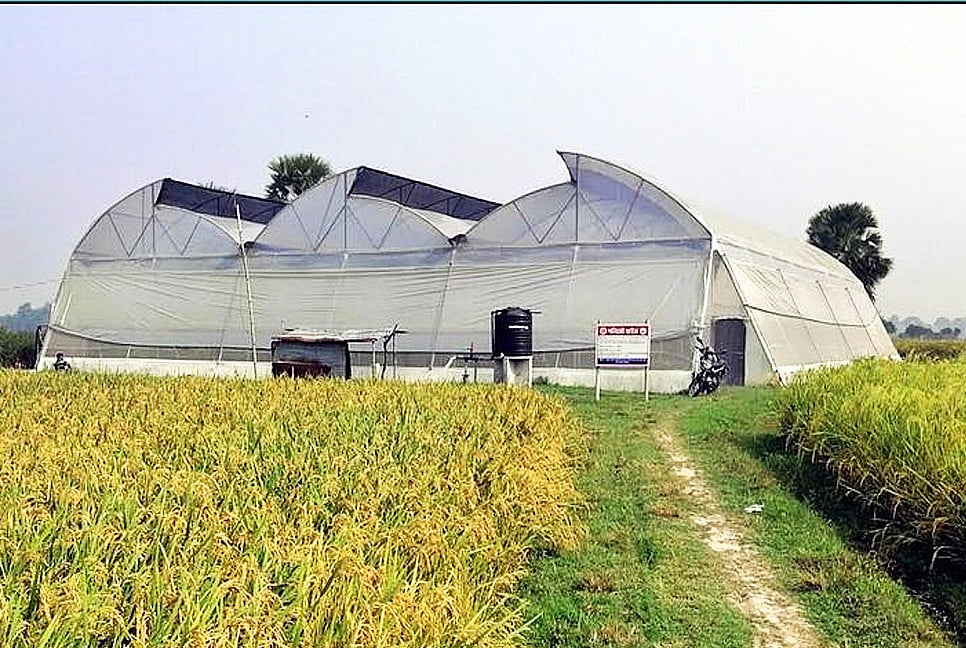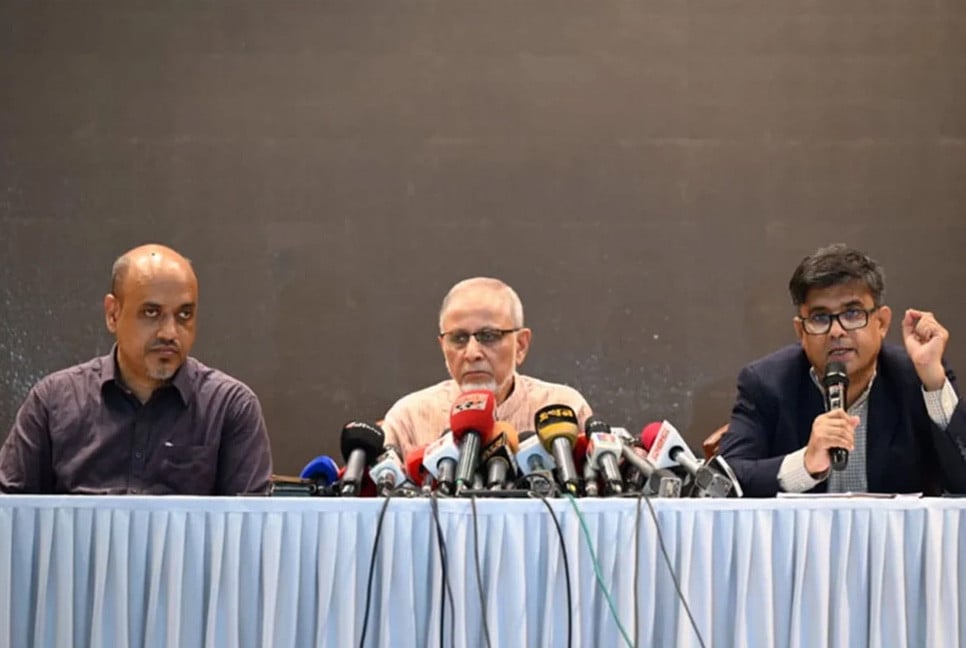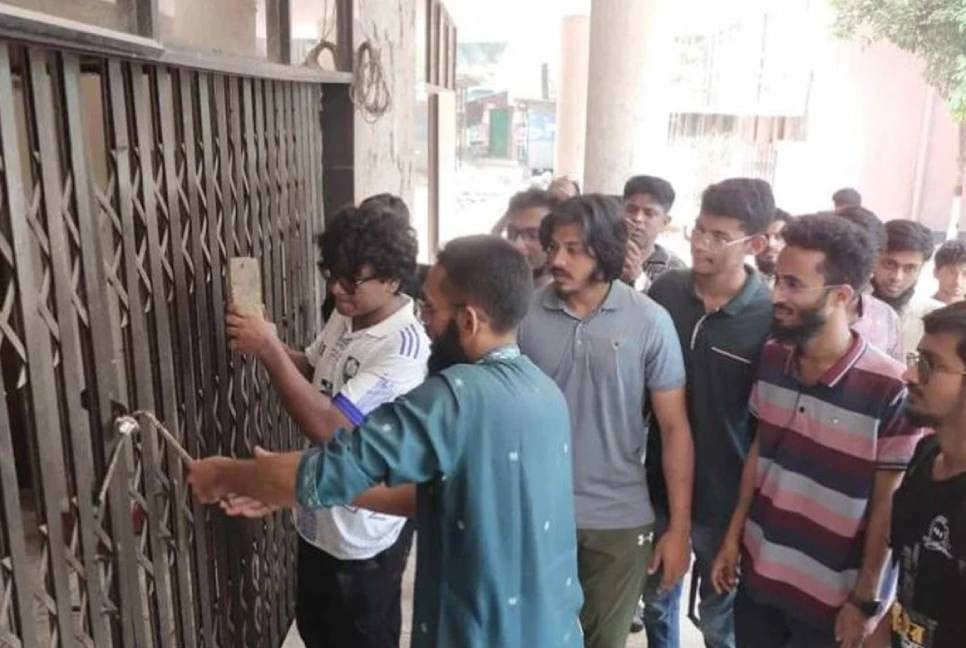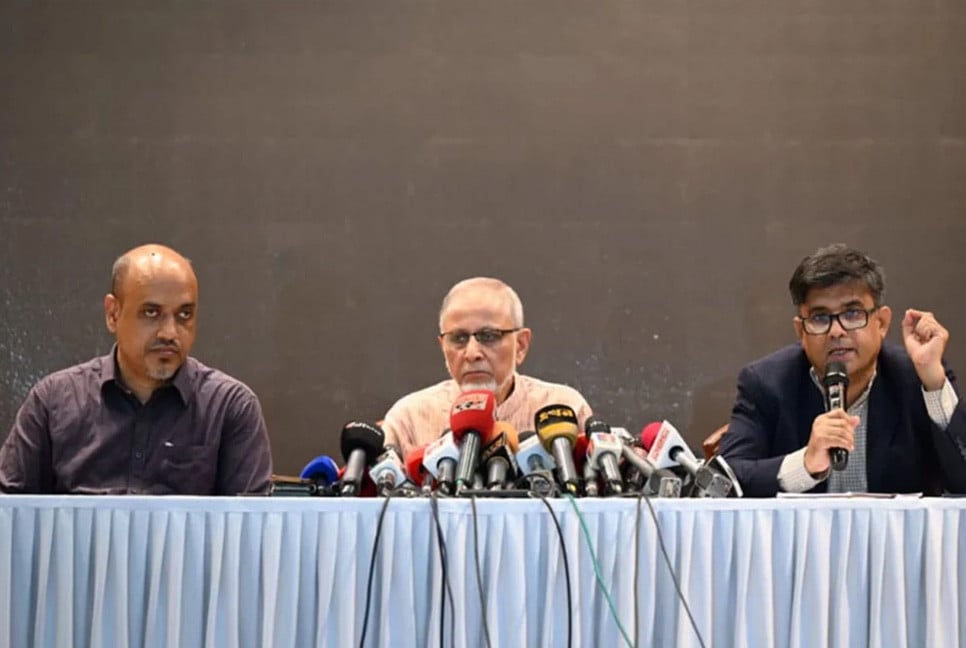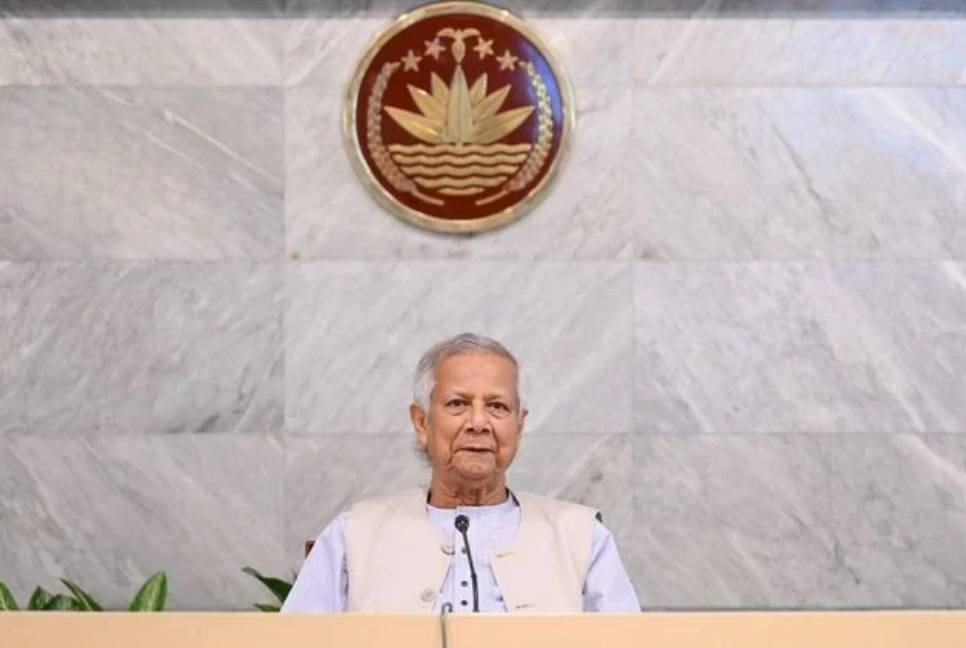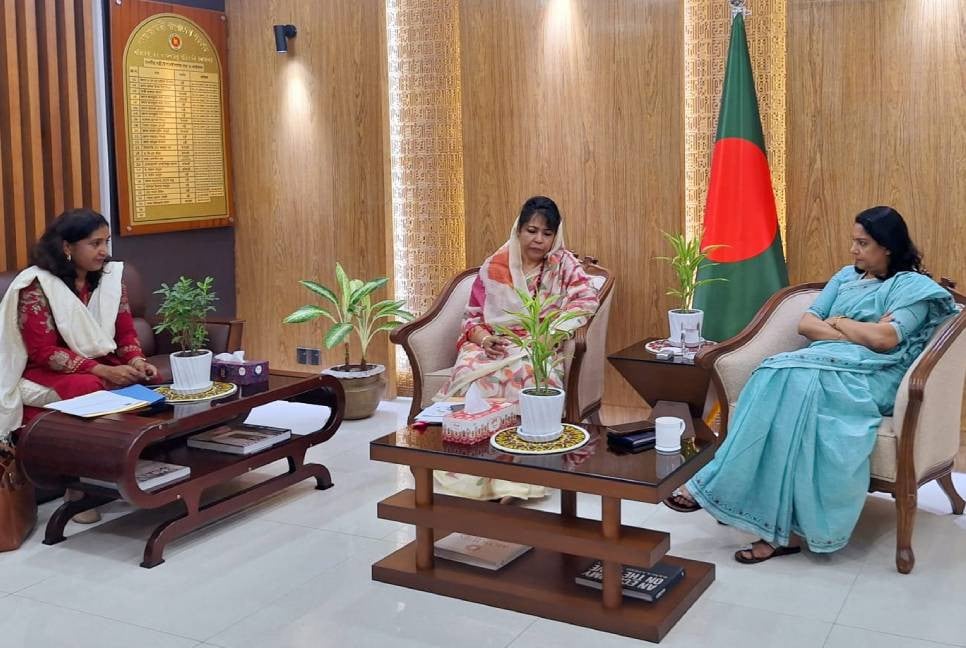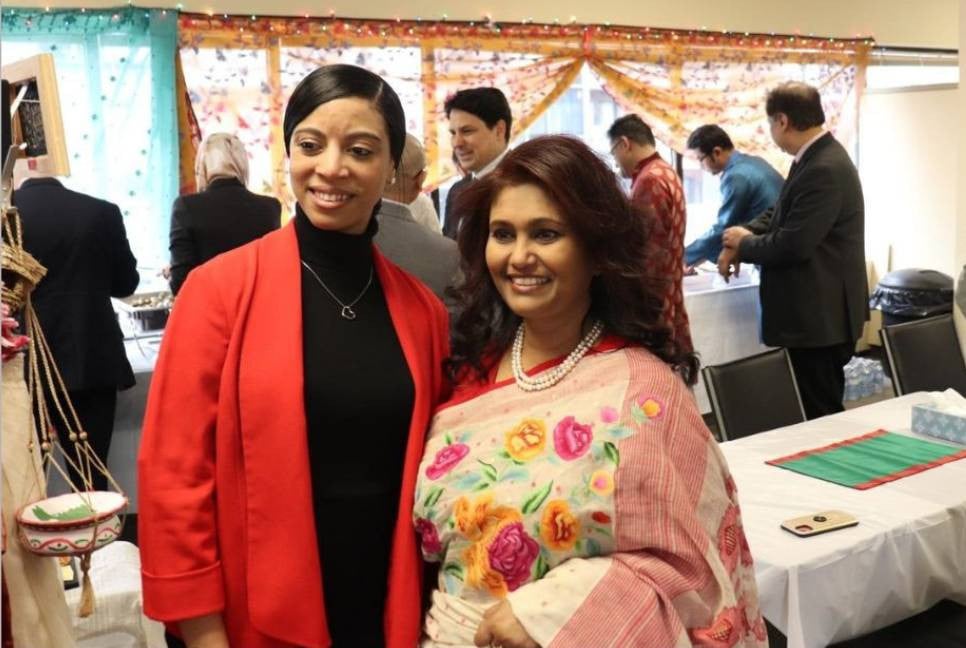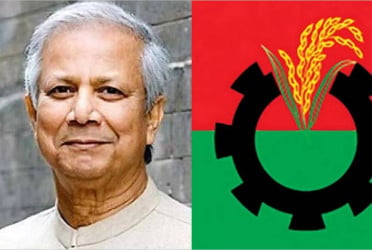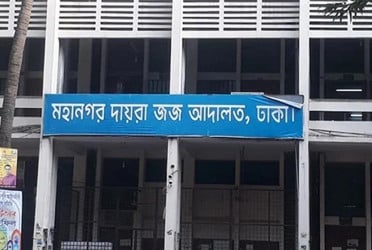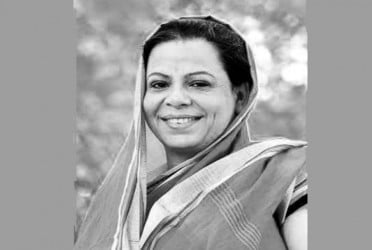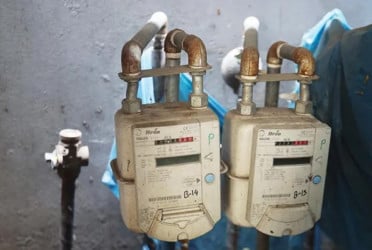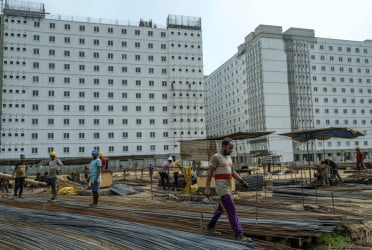Farming in polynet houses in Chapainawabganj, especially in the Barind areas, recently gained success.
A polynet house is an innovation in agricultural science designed to address the challenges of climate change. It is a tent-like structure made with an iron frame and polythene to protect crops and seedlings from harmful weather. These houses allow for year-round crop cultivation in any type of weather, reports BSS.
Shamim Reza and Sadiqul Islam Tutul, two farmers from Bongpur under Gomastapur Upazila of the district, are aiming for success by cultivating vegetables and flowers using the “polynet house” method. The two farmers built polynet houses six months ago.
Shamim Reza has grown seedlings of various crops and cultivated cucumbers in his polynet house without using any pesticides. On the other hand, Sadiqul Islam has cultivated tomatoes and Chandra Mollika flowers in his polynet house.
According to Shamim Reza, a polynet house offers multiple benefits. It protects crops from drought, rain, hailstorms, extreme cold, and any other natural factors that may harm crops. He added that growing seedlings in a polynet house is more beneficial than cultivating crops.
Before using the polynet house, seedbeds would often be damaged by rain, fog, or extreme heat from the sun. Now, he can grow seedlings without fear of destruction.
Sadiqul Islam Tutul said, “I am the only flower cultivator in the district. Cultivating flowers outside is risky because, after making a significant investment, the plants can die at any time, resulting in substantial loss. For this reason, I decided to grow flowers in the polynet house. I am currently growing Chandra Mollika, and I plan to cultivate Zarbera and Tulips later.”
Farming in a polynet house is a timely and appropriate method. Now, we can grow crops, seedlings, and flowers without facing any major challenges.
According to sources at the Department of Agricultural Extension (DAE) office in Chapainawabganj, polynet houses were constructed free of charge under a project titled "Agriculture Development Project for Rajshahi Division through Expansion of Modern Technology."
The polynet house offers the benefits of a shade net that blocks 60 percent of sunlight, an insect net to resist pests, and a modern Drip and Mist Irrigation System, the sources added.
A total of six polynet houses have been constructed so far — two in Sadar, two in Shibganj, and two in Gomastapur upazilas, according to the DAE office.
Gomastapur Upazila Agricultural Officer Tanvir Ahmed Sarker said, "The polynet house is an ultramodern technology to counter the adverse impacts of climate change. The harmful rays of the sun cannot penetrate the polynet house, which protects crops from climatic disadvantages and pest attacks. As a result, high-value crops can be safely cultivated in a polynet house year-round."
Munjer Alam, a farmer and entrepreneur, also started farming in a polynet house in the Dakkhin Sahar area of Chapainawabganj Sadar Upazila in 2021.
The polynet house was constructed with funds from the aforementioned project, said Munjer Alam. This year, he has cultivated tomatoes, BARI-12 brinjal, and prepared seedlings of winter vegetables.
Bd-pratidin English/ Fariha Nowshin Chinika

